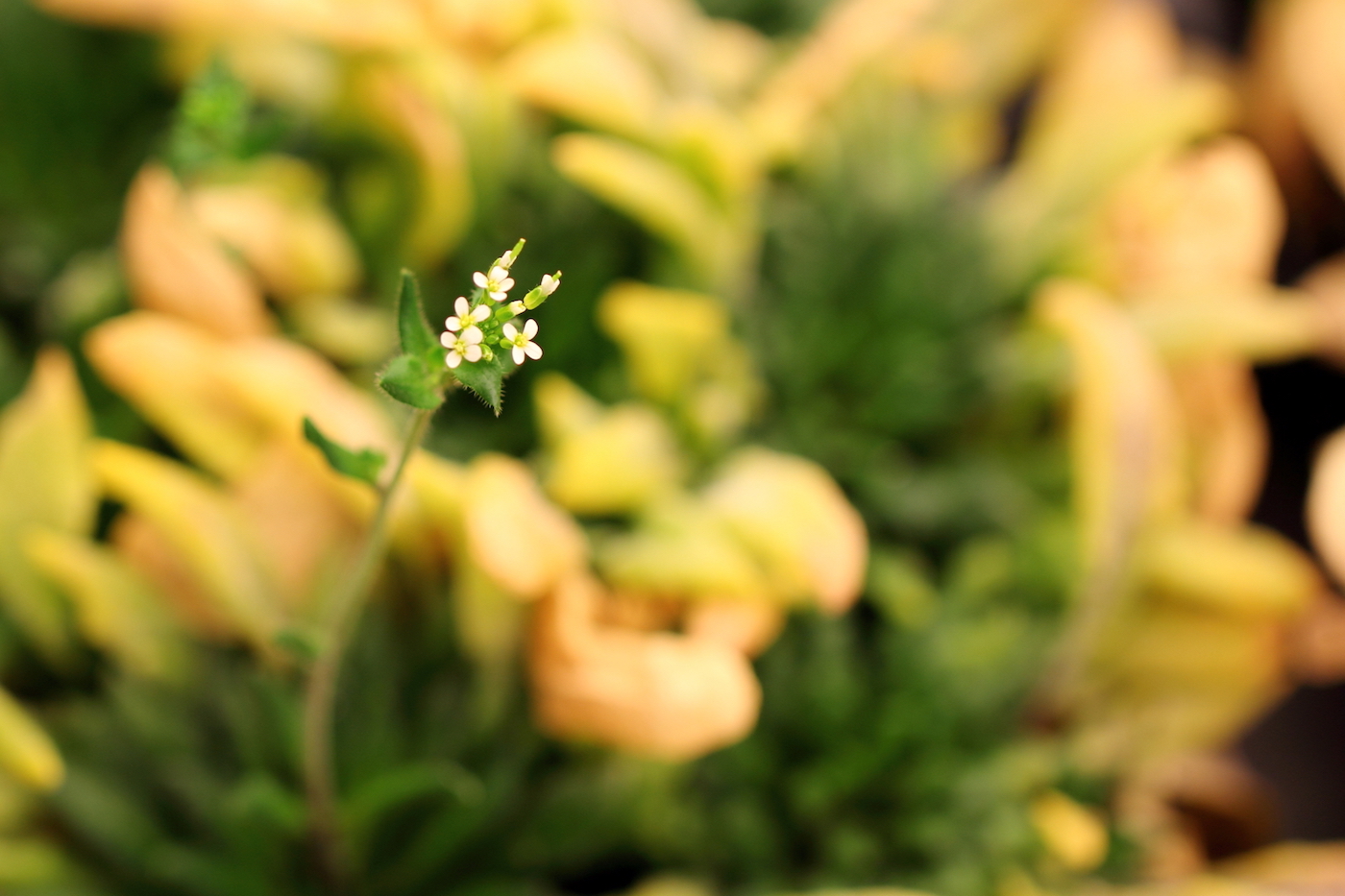DOI
Description
Publications
-
Natural selection on the Arabidopsis thaliana genome in present and future climates
Nature. 2019 None: None. doi: 10.1038/s41586-019-1520-9
| Phenotype Name | Trait Ontology (TO) | Environmental Ontoloy (EO) | Unit Ontology (UO) | # values |
|---|---|---|---|---|
| clim-aet1 | other miscellaneous trait | ecological environment | volumetric flow rate unit | 501 |
| clim-aet10 | other miscellaneous trait | ecological environment | volumetric flow rate unit | 501 |
| clim-aet11 | other miscellaneous trait | ecological environment | volumetric flow rate unit | 501 |
| clim-aet12 | other miscellaneous trait | ecological environment | volumetric flow rate unit | 501 |
| clim-aet2 | other miscellaneous trait | ecological environment | volumetric flow rate unit | 501 |
| clim-aet3 | other miscellaneous trait | ecological environment | volumetric flow rate unit | 501 |
| clim-aet4 | other miscellaneous trait | ecological environment | volumetric flow rate unit | 501 |
| clim-aet5 | other miscellaneous trait | ecological environment | volumetric flow rate unit | 501 |
| clim-aet6 | other miscellaneous trait | ecological environment | volumetric flow rate unit | 501 |
| clim-aet7 | other miscellaneous trait | ecological environment | volumetric flow rate unit | 501 |
| clim-aet8 | other miscellaneous trait | ecological environment | volumetric flow rate unit | 501 |
| clim-aet9 | other miscellaneous trait | ecological environment | volumetric flow rate unit | 501 |
| clim-bio10 | other miscellaneous trait | ecological environment | temperature unit | 501 |
| clim-bio11 | other miscellaneous trait | ecological environment | temperature unit | 499 |
| clim-bio12 | other miscellaneous trait | ecological environment | temperature unit | 501 |
| clim-bio13 | other miscellaneous trait | ecological environment | temperature unit | 501 |
| clim-bio14 | other miscellaneous trait | ecological environment | temperature unit | 501 |
| clim-bio15 | other miscellaneous trait | ecological environment | temperature unit | 501 |
| clim-bio16 | other miscellaneous trait | ecological environment | temperature unit | 501 |
| clim-bio17 | other miscellaneous trait | ecological environment | temperature unit | 501 |
